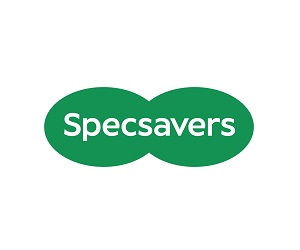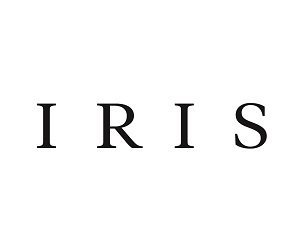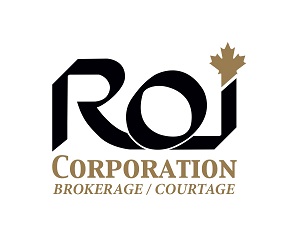
Those who choose to sell to an associate, often do not see the need for the services of a broker. Afterall, you know each other, the associate knows the practice and the patients and more importantly, you have a good relationship so it should be easy to cross the finish line.
Owner Reluctance
While we all wish things were that simple, the reality is that selling your practice is a process. It can take a significant amount of time to prepare, organize, and to ultimately close the transaction. Owners are also reluctant to engage the services of a broker at this point because there is always the fear of paying commission, as well as the concern that the broker will over complicate things.
Regardless of whether you are selling to an associate, partner, or colleague; selling a practice is a complex activity that requires another party to coordinate the activities of the buyer and seller.
A practice broker has the expertise and training to do just that. When doing it yourself there is a higher possibility that the relationship between the two parties will be negatively impacted, because of the length of time the transaction is taking or the difficult conversations that occur during the process.
Until you experience the actual sales process, parties are unaware of the amount of information required by the buyer and their advisors. Unfortunately, many transactions fail when the buyer and/or seller try to conduct the sale of a practice without the aid of an experienced practice broker.
From the day you choose to list until the closing day, your number one priority should always be your practice and your patients. Negotiating and navigating your own sale takes time away from what you do best.
You also must be aware that things will be changing within the practice. Staff may change, prices for supplies may increase or another event could affect the day-to-day operations. These are all material changes that must be communicated to the purchaser.
A Broker Brings Order and Sometimes, Creativity
An experienced intermediary will bring organization, and even sometimes creativity to a transaction. The primary function of the broker is to get the deal closed.
An experienced broker will earn the trust of the other professionals, i.e. accountants and make sure deadlines are met and tasks are completed, and maintain communication with all the principals in the transaction.
A broker does not take the place of a lawyer, accountant, or other advisor. However, your broker can be a huge asset as the final details are being worked out. After all, the broker is familiar with the practice, the buyer, and all that led up to the sale, so they can help with final negotiations. More importantly, they can assist when two parties reach an impasse.
3 Key Points to Remember
The first is that the most important place to start the selling process is to have a formal valuation completed. Many owners really do not know the value of their practices. There are numerous factors that go into determining the value of an office. It is truly the best way to know you have been fairly paid for your years of ownership.
The second key piece of advice is to keep an open mind and trust that the broker knows what they are doing, given that this person has facilitated the sale of many practices like yours.
Finally, and perhaps most importantly, a vendor needs patience. A practice never sells overnight. Every practice is different, but with a professional guiding the process, the likelihood of success increases.

JACKIE JOACHIM
Jackie has 30 years of experience in the industry as a former banker and now the Chief Operating Officer of ROI Corporation. Please contact her at Jackie.joachim@roicorp.com or 1-844-764-2020.


















